Iran receives new US message, will neither leave negotiation nor give concessions to Americans: FM
The Iranian foreign minister says Tehran has received a new message from the United States on the revival of the 2015 nuclear deal, emphasizing that the Islamic Republic never leaves the negotiating table but will not give any concession to the American side either.
"We will not give any concession to the American side and will proceed within the framework of logic and the framework of an agreement that observes the Islamic Republic of Iran's red lines, but at the same time we will never leave the negotiating table," Hossein Amir-Abdollahian told reporters in Yerevan on Saturday.
Pointing to American officials' remarks that the talks on the revival of the nuclear deal, officially known as the Joint Comprehensive Plan of Action (JCPOA), are no longer on the agenda, the top Iranian diplomat noted that that Washington's "words contradict its behavior."
"In their message, they (the Americans) are in a hurry to reach the point of an agreement as soon as possible," he added.
US Secretary of State Anthony Blinken on Friday said the United States is still interested in reviving the JCPOA and that diplomacy is the best way to approach this issue. He, however, added that an agreement again is unlikely.
"We continue to believe that diplomacy is the best way to do that. At this moment, there's no prospect for an agreement again, because Iran continues to inject extraneous issues into the conversations that we've had in the European Union," Blinken claimed following a meeting with his French counterpart.
In an interview with CNN on Monday, the US special envoy for Iran, Robert Malley, also said, “Right now the talks on revival of JCPOA are not on the US agenda”, trying to shift the blame on Tehran for the stalled diplomatic process.
In response to the US message which was received three days ago, Amir-Abdollahian said that Iran has told the American side that the accusations leveled by the International Atomic Energy Agency (IAEA) against the country's nuclear program must be settled.
Iran would not agree to strike an agreement with the IAEA, which intends to exert pressure on Iran through political means, the foreign minister emphasized.
He slammed the contradiction in the US officials' words and deeds, saying, "While the Americans continue the exchange of messages with us, they are trying to fan the flames of the issues that were taking place inside Iran in the past days."
"I think they seek to put political and psychological pressures [on Iran] in order to gain concessions in the negotiations," Amir-Abdollahian pointed out.
The current crisis over Iran’s nuclear program was created in May 2018, when former US president Donald Trump pulled Washington out of the 2015 nuclear deal and imposed tough economic sanctions against the Islamic Republic under what he called the “maximum pressure” policy.
The talks to salvage the agreement kicked off in the Austrian capital of Vienna in April last year, months after Joe Biden succeeded Trump, with the intention of examining Washington’s seriousness in rejoining the deal and removing anti-Iran sanctions.
Iran has demanded that the United States provide assurances that it would not leave the JCPOA again before it could reenter the agreement. Washington has refused to give a legally enforceable guarantee, leaving Iranian negotiators suspicious of the Biden administration’s seriousness in the talks.
Azerbaijan-Armenia conflict must be settled through political channels
Elsewhere in his remarks, the Iranian foreign minister pointed to the dispute between Armenia and Azerbaijan over the Karabakh issue and once again reaffirmed the country's stance on the importance of putting an end to the ongoing conflict between the two former Soviet republics while respecting both sides' territorial integrity.
"We are definitely sensitive to any geopolitical change or any change in the borders and we have explicitly announced our position to all parties," Amir-Abdollahian said.
"We have defense cooperation with our neighbors and some countries, but what matters is that the conflict between the Republic of Azerbaijan and Armenia and the demarcation of border line should be resolved politically and through the path of dialogue," he added.
The latest conflict between Baku and Yerevan erupted at midnight September 13, minutes after a ceasefire agreement between the two countries came into force.
Armenia accused Azerbaijan of firing in the direction of the southern Armenian towns of Goris, Kapan, and Jermuk with the help of drones. Azerbaijan rejected the claim, saying its forces were carrying out countermeasures in retaliation for “large-scale Armenian provocation.”
Two days of border clashes claimed the lives of more than 200 people.
Resistance front to deliver ‘painful’ blows to enemies: IRGC chief
UNRWA chief warns of 'catastrophic consequences' of Israeli ban on agency
Israel hits south Beirut with strikes again
Iran will make Israel ‘regret’ its act of aggression: IRGC Cmdr.
VIDEO | Conference explores peace dynamics in West Asia
US appeals court overturns 1983 Beirut bombing victims' judgment against Iran
VIDEO | Press TV's news headlines
Any anti-Iran resolution by IAEA will draw 'immediate response': Nuclear chief


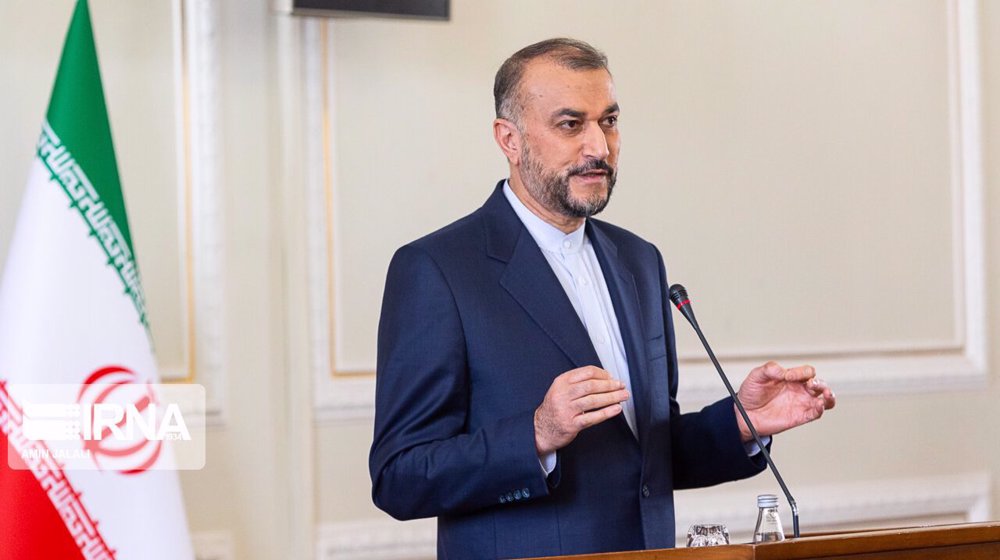
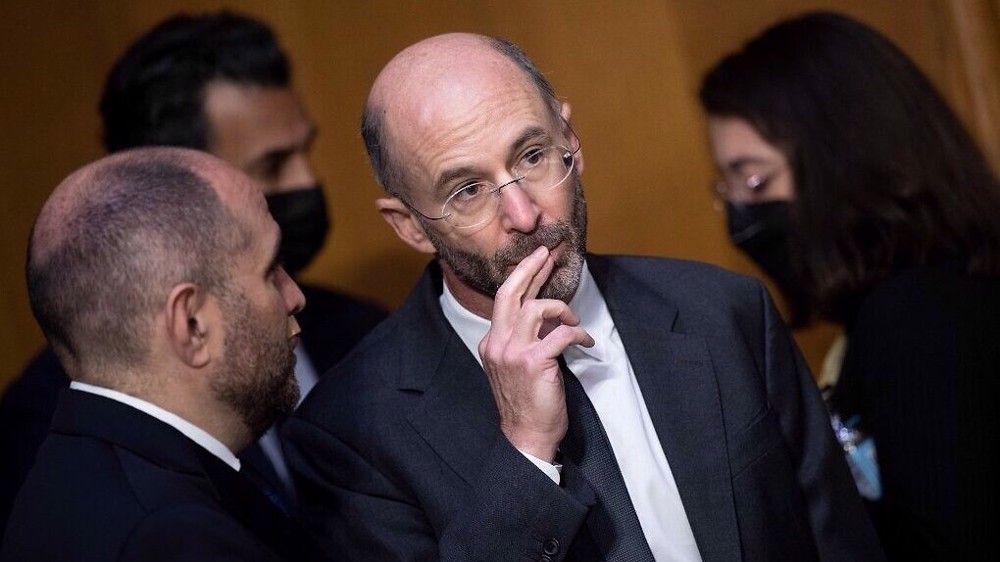

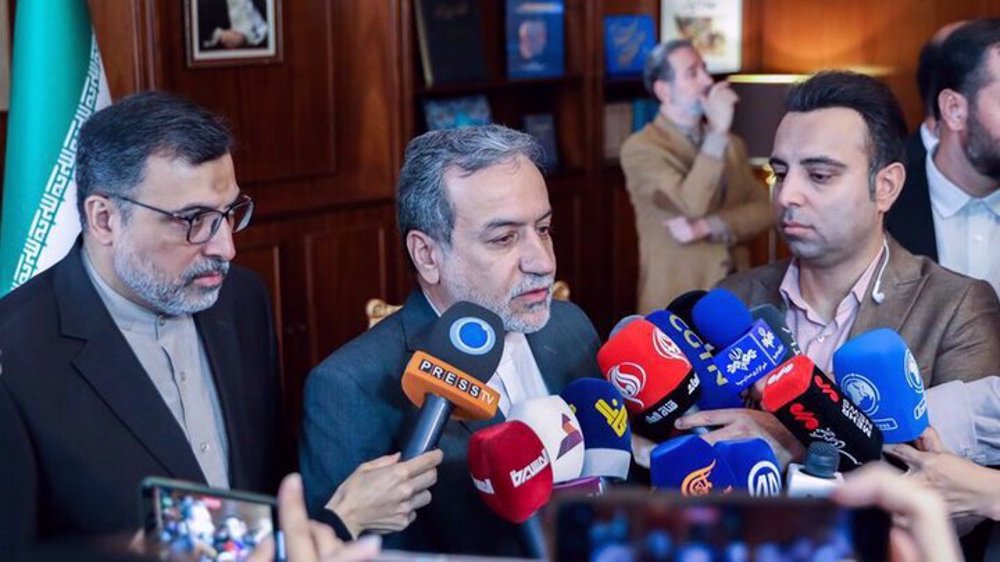
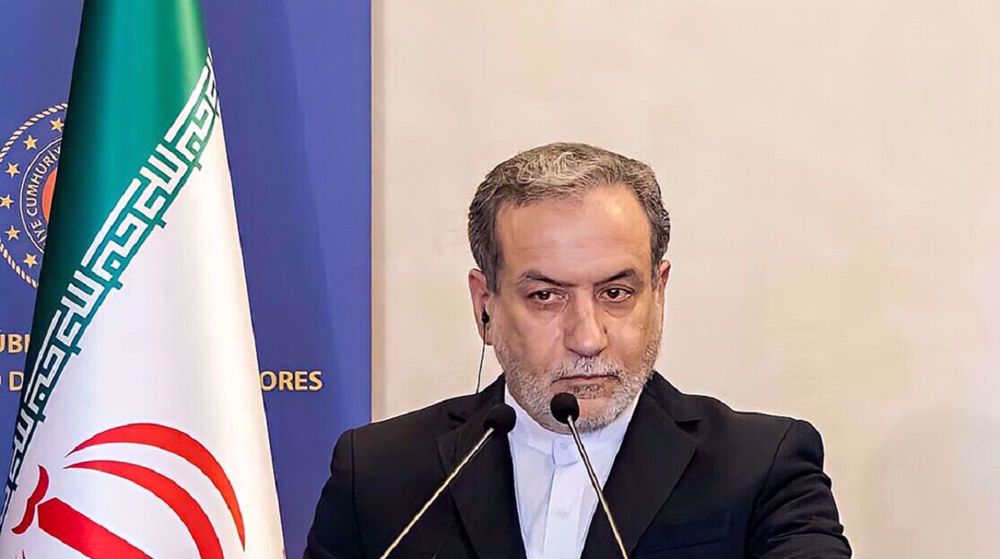
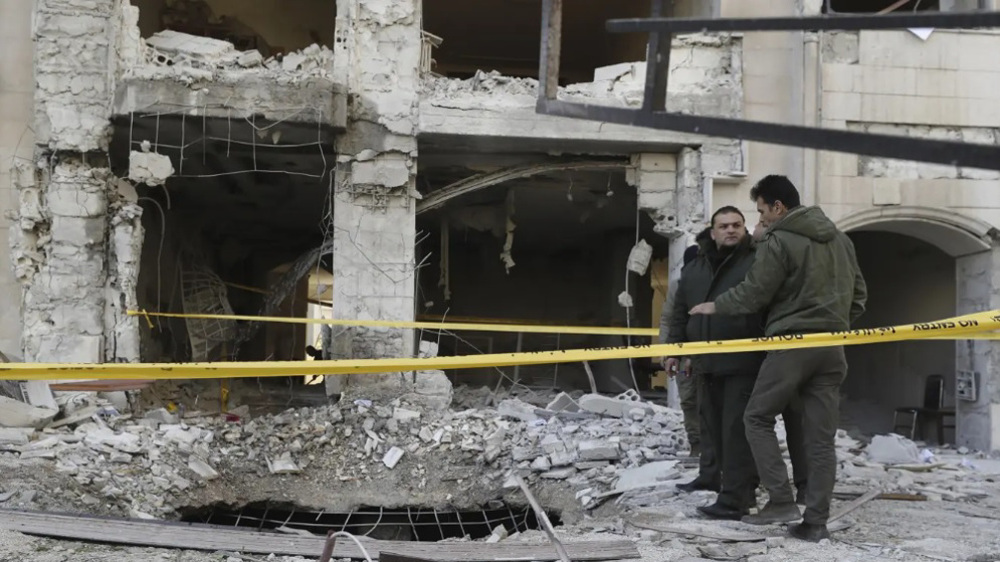




 This makes it easy to access the Press TV website
This makes it easy to access the Press TV website